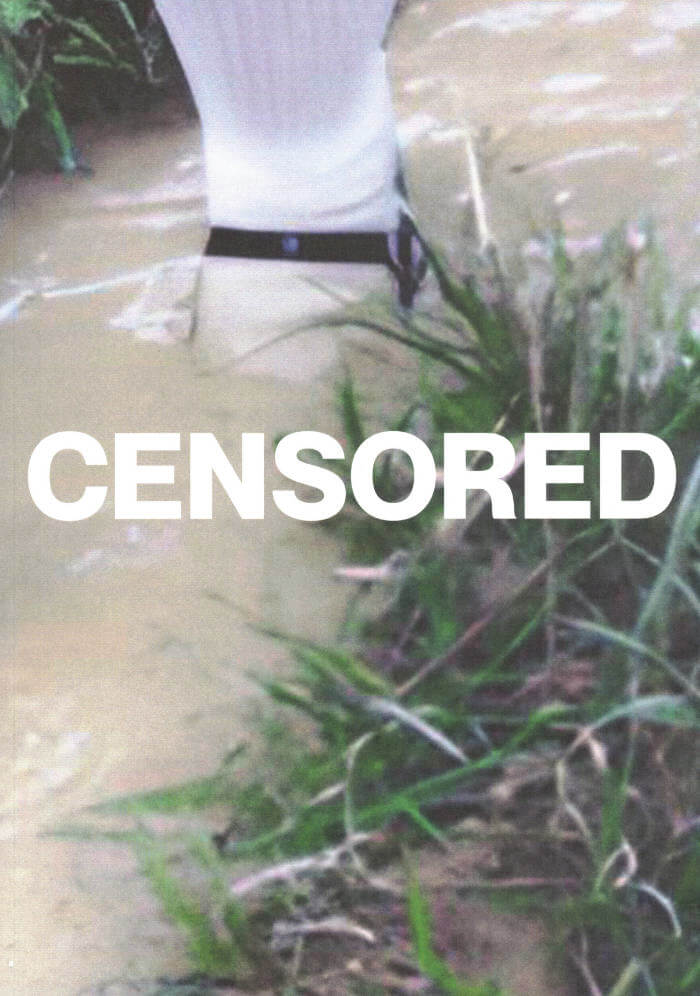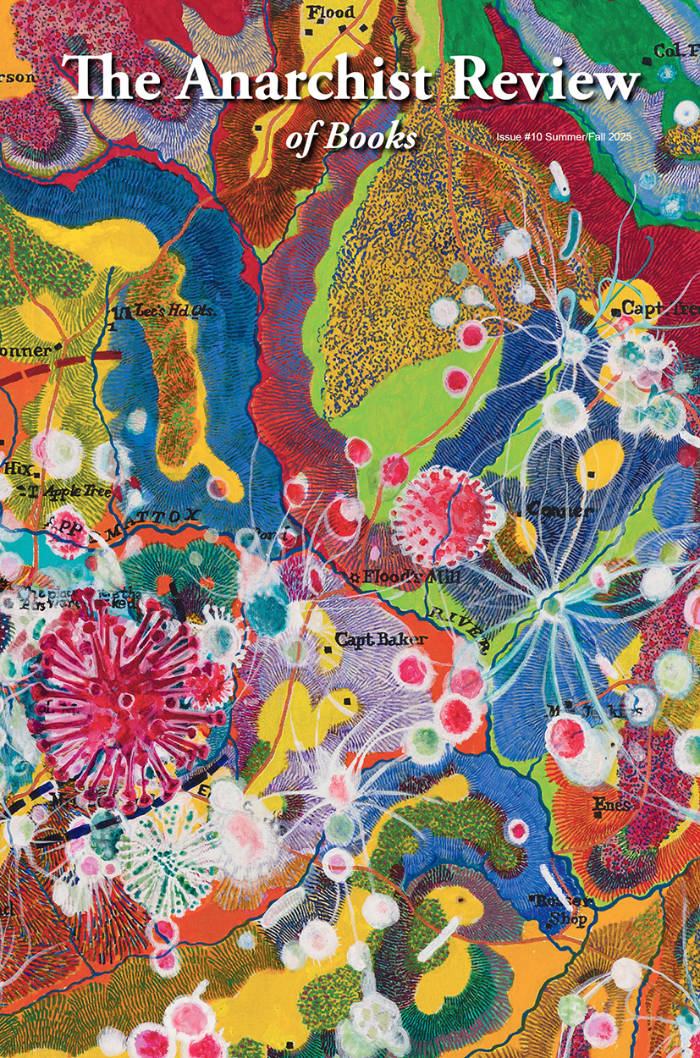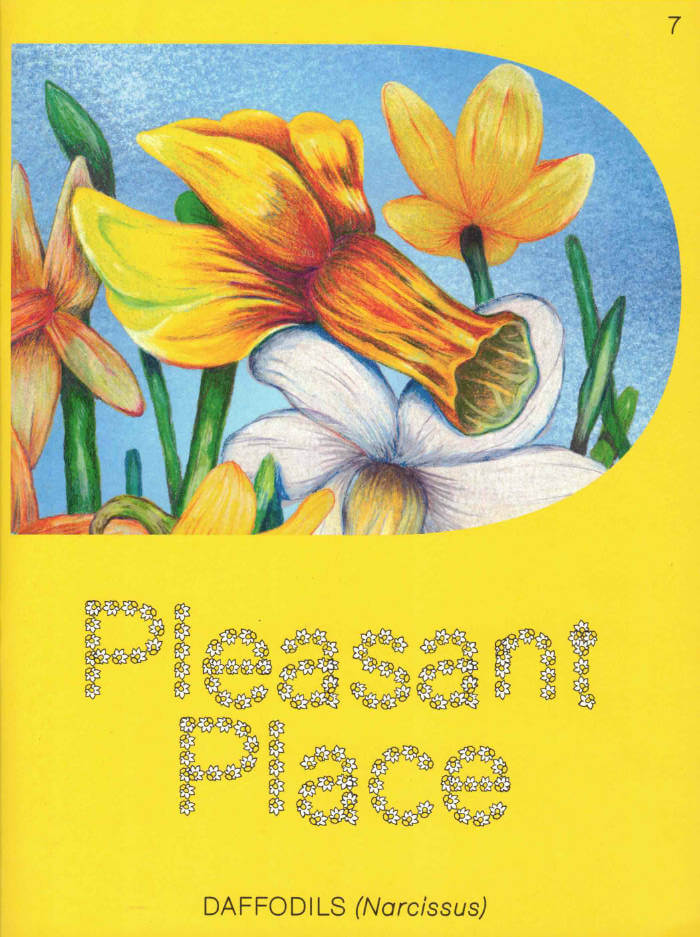
Apocalypticotrashecocidocious - Censored 08
« Apocalypticotrashecocidocious », l’édition Censored 08, parle d’écologie et de luttes anticapitalistes, de vivant et d’humilité
Ses recherches, textes et productions artistiques mènent à une conclusion : l’urgente nécessité de faire front commun pour quitter les logiques d’exploitation hyperviolentes envers la terre, les espèces, les femmes, minorités de genre et personnes racisées. Politiser le rapport que nous entretenons à nos territoires mutilés, qu’ils soient urbains ou ruraux. Comprendre comment le capitalisme s’est érigé en culte quasi religieux fondé sur la dépossession des savoirs, le déracinement des émotions, l’anti-spiritualité et l’individualisme. Il est alors question de militances joyeuses et du refus de la fatalité, de relations inter-espèces, de spiritualités noires, d’écologie au quotidien, de culture white trash et de futurs possibles.
Comment penser l’écologie lorsque c’est notre propre mode d’existence qui parasite le vivant ? Qu’apprendre des mammifères marins ou des espèces invertébrées ? Quels arts, récits et spiritualités pour aller au-delà des imaginaires dystopiques féministes et engendrer l’action ? Comment s’organiser collectivement tout en apprenant à rester à sa place et sans hiérarchiser ?
Language: French




